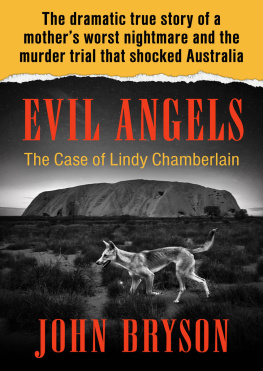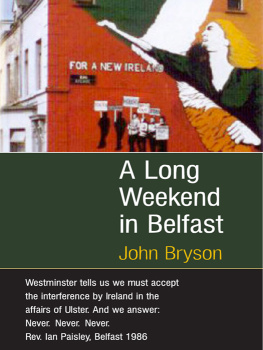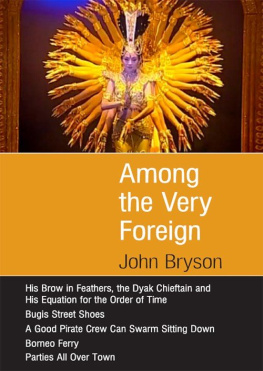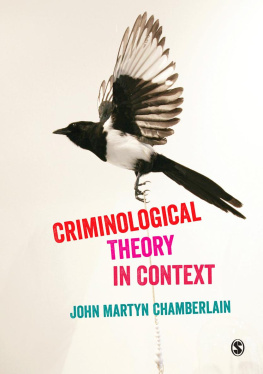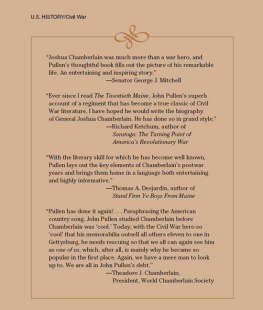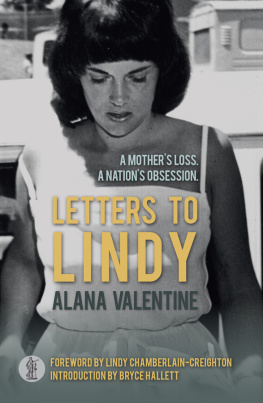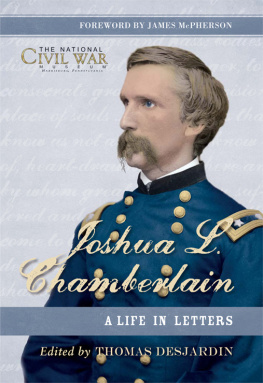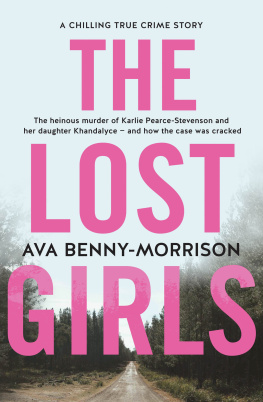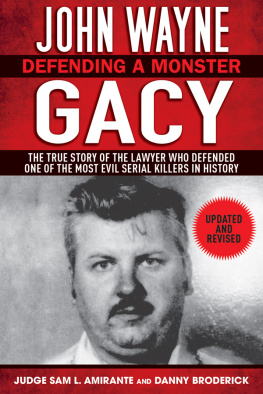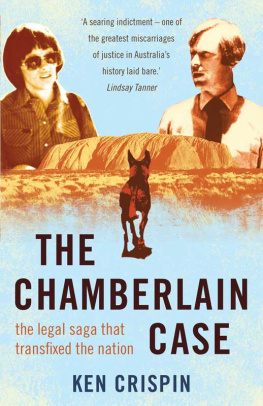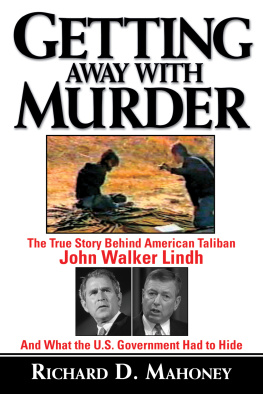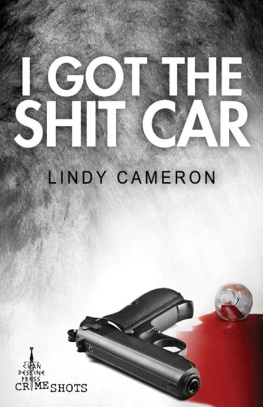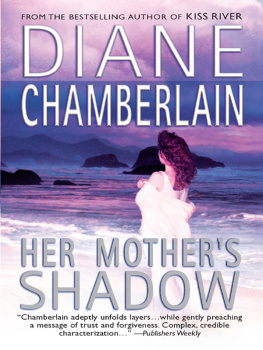Evil Angels
The Case of Lindy Chamberlain
John Bryson

Praise for Evil Angels
Out of the complex story of his countrys most famous murder trial, Australian lawyer, journalist and novelist John Bryson has fashioned a remarkable book, one that resonates with moral ambiguities and wrenching emotions. Brysons handling of the complicated testimony about physical evidence is a model of clarity and coherence. Far more important, however, is his quietly devastating portrait of the ugly undercurrent of ignorance and prejudice that ran against Lindy Chamberlain almost from the beginning. Newsday
One of the most interesting and disturbing books Ive ever read about the social and emotional ramifications of a criminal trial [Bryson] turns the worst nightmare of false justice into an affirmation of honest grit, without losing sight of how easily Lindy Chamberlain could still be in jail. Terrific. Erika Munk, The Village Voice
Five hundred and fifty pages of cinematic excitement. Maeve Binchy
Non-stop excitement Bryson piles shock upon shock as he spirits readers all over the map: To courtrooms in Darwin and Alice Springs; to the homes of aboriginal trackers; to forensic laboratories in Australia, England and the United States; even to an Adelaide zoo, for bizarre experiments in the likely behavior of dingoes. Books dont get more interesting than this one. The Virginian-Pilot
An impressive literary document. The Times (London)
Hypnotic. The Mail on Sunday
Stunning and disturbing. The Australian
A fine work of literature. The dramatic intensity never wavers. The Age (Melbourne)
A story with the tragic force of a Shakespearian drama. Monthly Review
A work of art. Australian Book Review
CONTENTS
So Void Was Night
PHOENIXVILLE
It was autumn. Roadside aspens and hickories were already lean and spiky. Leaves lay in the waggon ruts, and grass in the field was still damp late in the afternoon.
This field was at Phoenixville, on the south bank of the Schuylkill. In 1844, the year this was, the river left the woods here to flow through the rich plains of middle Pennsylvania. The meadow was owned by Josiah Levitt. The Levitt family had invited friends to pass a day there, in prayer, though it was not the Sabbath but a Monday.
Nearly twenty families arrived, most shortly before dusk. They were not late, because a day for these folk was measured from sundown to sundown. Some had come from Vermont, some from New Jersey. The waggons and the sulkies were drawn into a circle. Horses were unharnessed, the warm bits slipped from their mouths and, without halter or hobble, were turned out to graze steaming by the stream.
Some of these folk had not met before. Newcomers were welcomed with the words Brother and Sister, and with familiar phrases from the Bible. There was greater warmth here than was usual in people who valued solemnity. On this day solemnity was an effort. Adults graced each other with their smiles. Shy children held hands. All were joyful for themselves and for one another. When they looked about they saw only the glad faces of the servants of God.
This was the twenty-second day in October. Everyone was here to watch the second coming of Christ and to be drawn up into the heavenly throng.
The evening was cold, and many had brought only their Sabbath clothing. Some had dressed in white muslin robes they thought suitable for an Ascension. There was little food, for most believed they would be well provided for. Elder Joshua Himes had said: Go not into your houses to take anything out, leave everything upon the Altar of God, and if He wants any part of it He will take care of it. The sceptics among them brought fruit and water for the journey.
Night passed with hymns and recitations from the Testaments. No one wanted to spend the last mortal night in sleep. Their singing swelled. Sarah Smollett, after consulting with her husband, asked if their voices might not drown out the approach of the Heavenly Choir, but it was generally thought more important to give than to receive, and the verses rolled on.
The darkness was parted, not yet by angelic light, but by the advent of a pale sun rising behind the woods. Children stretched, and crawled out from underneath the carriages. The sun found everybody bright and warm, a condition they all recognized as curious. Nathaniel Brett said this was a sign.
The year had been full of signs. Most were warnings of destruction to a sinful world. The month of March had seen earthquakes close to the southern seaboard. Towns in the Carribean splintered, and American ships were hurled up on the shores of Texas. A comet was bright in the New England skies. Beneath it the northern weather had begun to change. It snowed in Philadelphia on the summer solstice. Boston was covered with frost on 21 July. Cold in Austinburgh had killed an entire season of buckwheat. A God who would confiscate the summer would send his faithful a sign.
So they sang. They arranged to face the east, since that was from where their sign had come.
Mad Mary Chase, wife of Captain Chase, who now refused to be seen with her, sat next to her daughters. Four of these she placed in a line of diminishing size, but held the fifth in her lap because it was twelve weeks old. Old Amos and Martha Gower, childless all their seventy years of marriage, chose to be surrounded by the children of others. Matthew Lockitt, a fruit vendor, sat happily in his empty box-cart. Matthew was a seller of toffeed apples until last August, when he set up his stall in a Washington park near an Advent meeting. By the time the preacher finished, Matthew had given all his apples away to the crowd. His cart had been empty since.
Behind, Adin Shortbridge sat in company, though with a space on his left. He would allow no one to fill it. Adins brother William had died while awaiting this Advent on a mistaken date. The Boston Liberator reported that William climbed a high tree, and mantled in his long white ascension robe he made one aspiring effort, but was precipitated to the ground, and instantly died from a broken neck. The space on Adins left was for the use of William Shortbridge at the time appointed for the dead to rise.
That time was brought closer by the passing of the sun overhead. It also brought sightseers from Phoenixville township and from the Inquirer newspaper in Philadelphia. The townspeople leaned on the fence. A persistent wit loudly counted the dissipation of time. The reporter took a notebook from his pocket. He made across the grass just as the startlingly resolute voice of young Hannah Ballou began Psalm 23. He made, too, an effort to seriously compose his face, to better his chances of an interview with somebody.
The friends in Levitts green meadow were well accustomed to the presence of those that troubled them. Adventist meetings in the cities were often disrupted by volleys of detonating firecrackers. Howling youths pranced the aisles in white sheets. On windy days, smirking men loosened the pegs on the marquee in which Adventists prayed, so that the poles tottered and the canvas fell in. Their quiet children were jeered in the streets. Cartoonists lampooned their earnest faces in the press, and employers doors were closed on them because they thought it wrong to work on the Sabbath.

